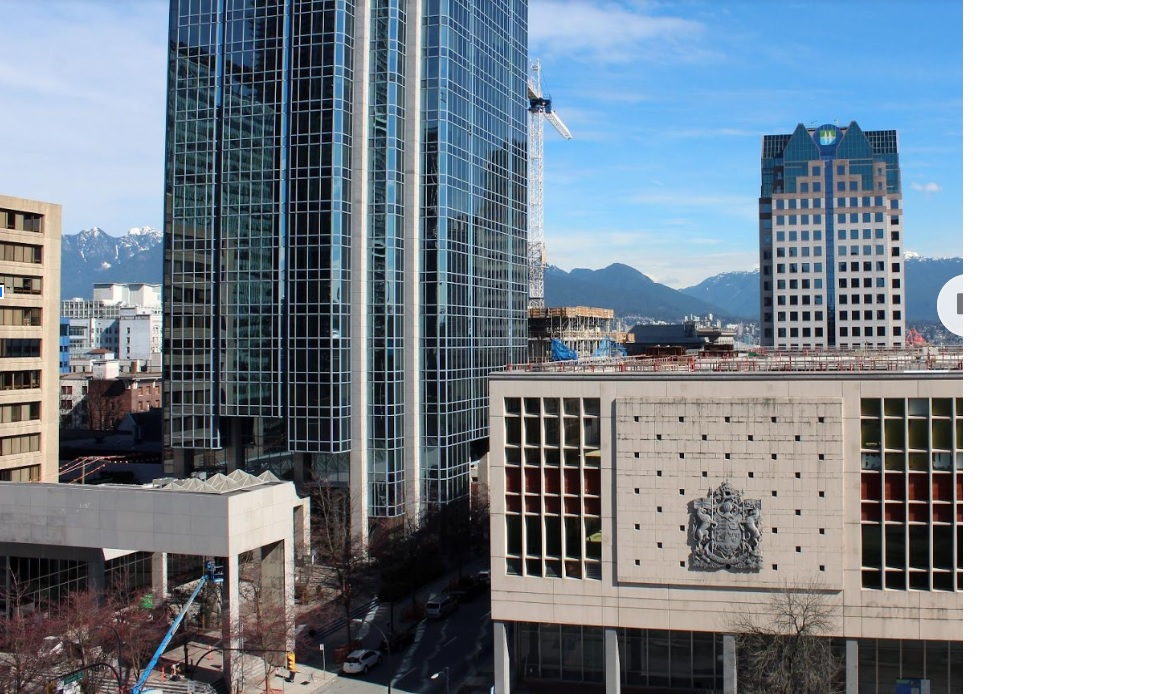The first installment of this two-part investigation can be found here.
Full disclosure: I’m a dual citizen, but I have a residence in Vancouver. I frequently walk past Amazon’s new construction site. I have a vested interest in ensuring that Amazon bolsters this fine city, instead of further damaging it. There’s ample reason to be cautious. History shows that the local politics and economics of big tech can spiral into complication.
Aesthetically, the new building might turn out a little awkward. Amazon needed to preserve a heritage post office building, so the designs suggest that modern glass offices will be incongruently plopped on top of something more traditional and old. But for Vancouver, the implications will run deeper than the architecture.
Vancouver is a city of haves and have-nots. It is home to some of the most luxuriously priced real estate in North America. But many low income and middle class workers struggle to make rent and resort to sleeping in vans or overpriced “laneway houses,” which are essentially tiny homes built in other people’s backyards, subsidizing those homeowners’ mortgages. Many young people are simply electing to leave.
How did it get this way? Local real estate markets and rental prices have been artificially inflated by foreign currency. Condos and houses are treated like financial assets, and billions of dollars have been reportedly laundered through them, resulting in distortions and a detachment from the local labor market. In other words, housing prices in the city are unaffordable to people who are actually working and earning there. Instead, they’re proportionate to the concentration of capital overseas. There are even connections to Chinese organized crime. Other cities have proactively safeguarded against this, but Canadian government policy encouraged overseas money as an investment and economic driver. Real estate developers benefited tremendously. Others suffered. Now public anger is finally redirecting the levers of power and the market appears to be cooling, for reasons that are disputed.
Is the construction of Amazon offices good news? Or might it mean that a select group of tech workers will be well-compensated, raising rental and real estate prices even higher for local residents who have nothing to do with either tech or money laundering?
I asked Joshua Gordon, an Assistant Professor at SFU’s School of Public Policy, known for his research work on the Canadian housing market and his contributions to the affordability debate.
“In terms of the affordability question, I think the arrival of a bunch of Amazon jobs would have created significant pressure in the housing market had it occurred a year or two ago,” he told me. “The market has started to shift, however, and to cool down substantially. This means that the impact of that extra demand will not entail the same issues. Moreover, at least in the case of Amazon and tech jobs, the demand for housing is local — so high income earners demanding high priced real estate will not affect affordability in the same way as foreign demand has. There will be some pressure on rents, no doubt, but that is going to occur in any growing economy. The issue then will be to make sure that lower-income renters are sufficiently protected or compensated when it comes to displacement. Those policies are possible, should we wish to design and implement them.”
City governments could craft policies to protect renters from loopholes, and could ensure that they are compensated in the event of a “demoviction” or “renoviction.”
But if Amazon’s expansion produces adverse effects, will Canadians turn against their eCommerce brand?
It may seem like a minimal risk, given that Amazon conducts business all around the world. But local stories can quickly become global stories. In England, Amazon workers were reportedly mistreated by a demanding corporate culture and ill-equipped facilities. Warehouse employees resorted to urinating into bottles instead of taking proper bathroom breaks. Now, this gets mentioned regularly in social media conversations involving the company.
Tech brands are increasingly mired in the politics of cities. In some cases, this overlap will erode the consumer perception of them. But if the effects are positive, it could improve or redeem their status.
Senior statesman John Kerry once said, “Democrats can’t love jobs and hate the people who create them.” But policymakers and activists are deeply divided on the amount of love that they should show to big tech. And if it all results in a breakup, consumers might have hard feelings about those brands.
If the proposed Amazon HQ2 Long Island City jobs do wind up in Canada, will New Yorkers be left pining for what could have been? Or will they breathe a sigh of relief if things go badly? Only time will tell.








